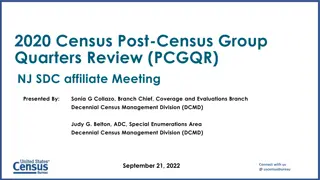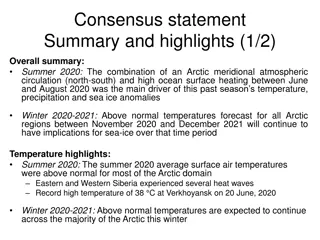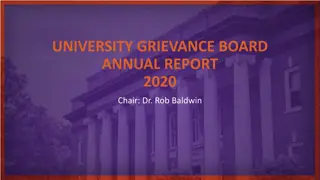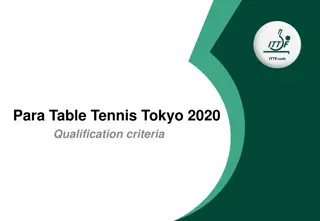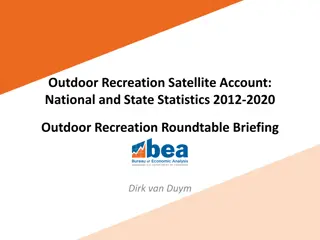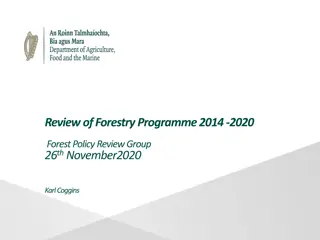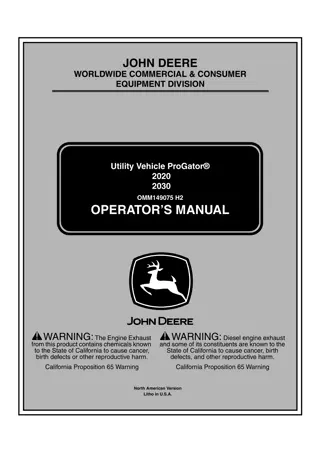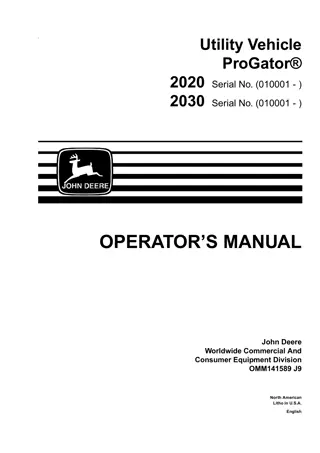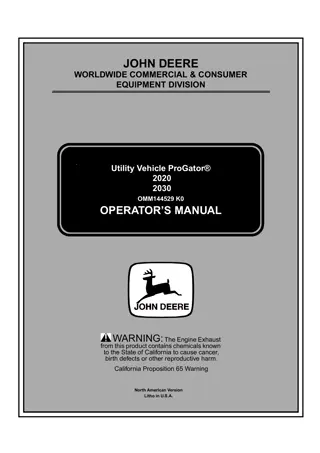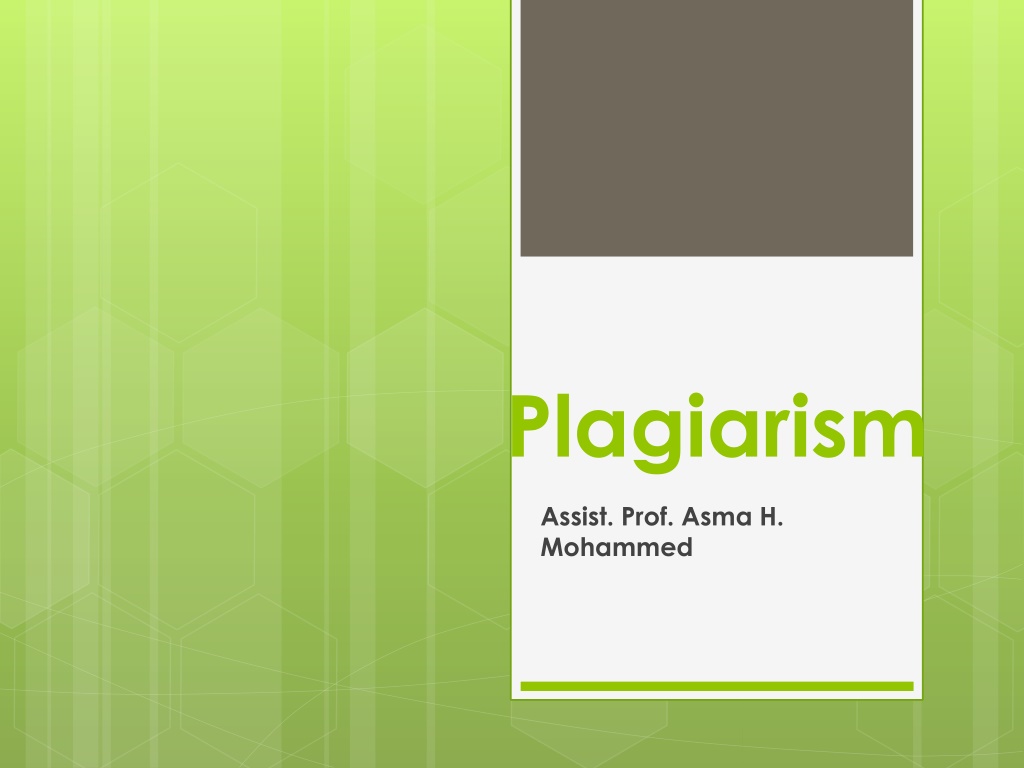
Understanding Plagiarism and Citation in Academic Writing
Learn about plagiarism, the act of presenting someone else's work as your own, and the importance of citing sources properly in academic writing. Discover why it is essential to differentiate between your ideas and those of others to avoid ethical issues and academic misconduct.
Download Presentation

Please find below an Image/Link to download the presentation.
The content on the website is provided AS IS for your information and personal use only. It may not be sold, licensed, or shared on other websites without obtaining consent from the author. Download presentation by click this link. If you encounter any issues during the download, it is possible that the publisher has removed the file from their server.
E N D
Presentation Transcript
Plagiarism Assist. Prof. Asma H. Mohammed
What is Plagiarism Submitting a paper you didn t write yourself Cheating! Copying from sources and pretending you wrote it yourself We all know this is cheating, too
SO is Plagiarism Steal and pass off (the ideas or words of another) as one's own Use (another's production) without crediting the source Commit literary theft Present as new and original an idea or product derived from an existing source That said, plagiarism is a complex concept that expands beyond simply taking someone's work and passing it off as your own.
Talking to your reader Make clear who said/thought what Sometimes you use the exact same words as author Sometimes you paraphrase author But always, you make it clear which words/ thoughts are author s, which are yours Readers understand because you follow certain conventions (agreed upon ways of doing things)
Writing conventions When borrowing author s exact same words Cite your author Use quotation marks around borrowed words Even when paraphrasing author s information Cite your author Always, when reporting author s information Cite your author
Cite your author! Cite? What does cite mean? According to President Obama, the economy He goes on to say Lee (2007) argues that inflation will The army s actions were incomprehensible and reprehensible (Adams & Morten, 232). All bold words above are examples of citation. Different disciplines/professors require different citation styles be sure to ask
What are you telling your reader?
What are you telling your reader?
Is this plagiarism? Excerpt from article by Svinicki Survey results from 1500 college students about their cell phone use found that increased use was negatively predictive of overall grade point average. Student s sentence Svinicki s research on cell phone use found that increased use was negatively predictive of overall grade point average.
Yes! This is plagiarism ! Excerpt from article by Svinicki Survey results from 1500 college students about their cell phone use found that increased use was negatively predictive of overall grade point average. Student s sentence Svinicki s research on cell phone use found that increased use was negatively predictive of overall grade point average. Red text should be inside quotation marks because they are the author s exact words!
Is this plagiarism? Excerpt from article by Svinicki Survey results from 1500 college students about their cell phone use found that increased use was negatively predictive of overall grade point average. Student s sentence Survey results found that increased cell phone use corresponds to lower grade point average (Svinicki)
No. This is NOT plagiarism . Excerpt from article by Svinicki Survey results from 1500 college students about their cell phone use found that increased use was negatively predictive of overall grade point average. Student s sentence Svinicki s research cell phone use found that increased use was negatively predictive of overall grade point average. The student paraphrased Svinicki s information and cited Svinicki.
Why does plagiarism matter? U.S. education system values independent thinking You need to differentiate between author s ideas and your own reaction to them Professors value independent thinking even more when it draws upon research into the ideas of others citation shows you did such research U. S. law stresses intellectual property rights By citing author s ideas, you respect ownership of work and ideas
How to protect yourself Know what plagiarism is Learn how to cite, paraphrase, and quote Ask your TA, your professor, Student Writing Support for help You are in a different culture don t be afraid to ask how things work

